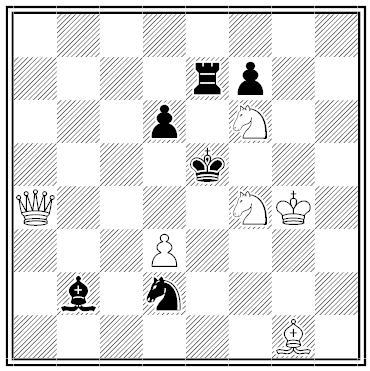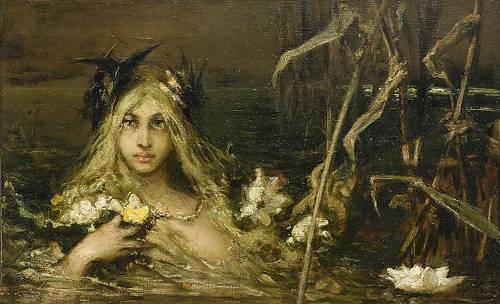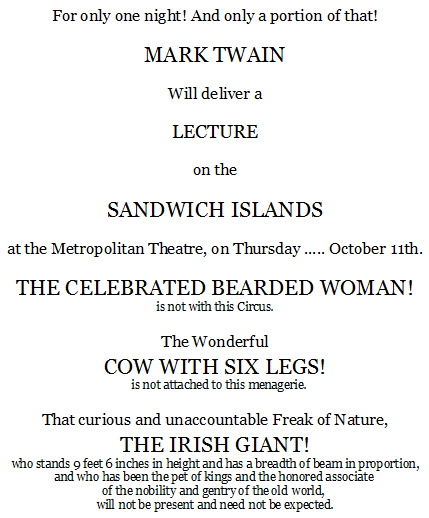
Letter to the Times, Jan. 15, 1915:
Sir,
May I add another illustration to those which have already appeared in your columns, showing how near two lives can bring together events which seem so far apart? I remember my father telling me how, when he was attending a country grammar school in 1805, one day the master came in, full of a strange excitement, and exclaimed, ‘Boys, we’ve won a great victory!’ Then he stopped, burst into tears, and added, ‘But Nelson — Nelson is killed!’ When I was myself a boy Waterloo was a recent event, and even ‘the ’45’ was remembered and talked about.
In a few weeks I shall be 85, but I can still ride my bicycle.
William Wood, DD





